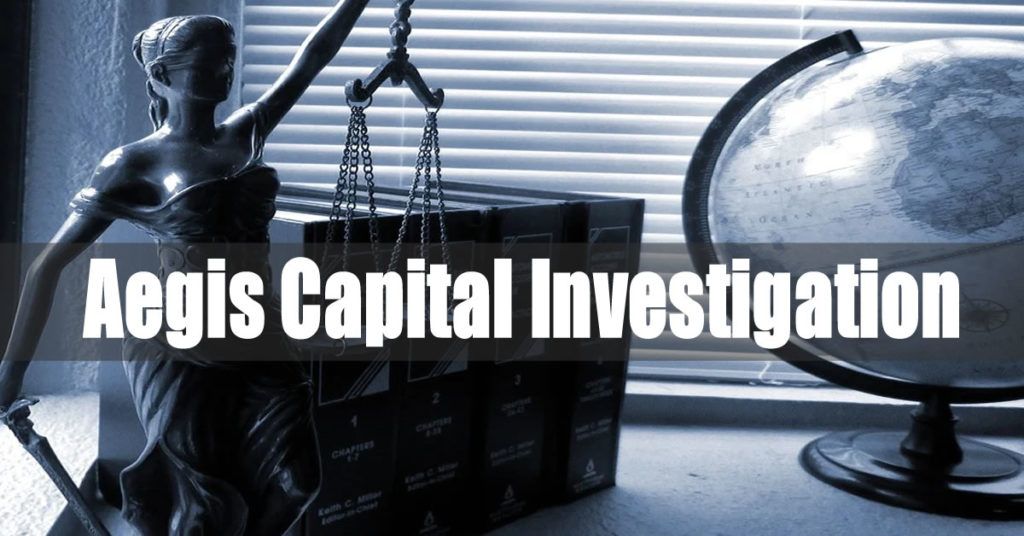Haselkorn & Thibaut are currently investigating Aegis Capital for several issues including the sales of GWG Holdings L Bonds and other investment products. It is alleged that financial advisors at Aegis Capital did several things including misrepresenting the true risk of the investment, overconcentrated the holdings of clients, and not properly supervising.
In January, GWG failed to pay L Bond holders and gave notice that it would not file its annual financial report and quarterly report on time. As a result, it suspended all L Bond offerings. In early 2022, GWG failed to make the required payments. GWG also missed several SEC deadlines, and its independent accounting firm quit shortly thereafter. This April GWG Holdings filed for bankruptcy. GWG is currently behind on its interest payments to investors.
Despite the high interest rate offered by L Bonds, investors should understand that they may not be suitable for retail investors. The bond term ranges from six months to seven years, with a higher interest rate for longer terms. It should be noted that L Bonds do not have the same level of regulatory oversight as publicly-traded bonds. Moreover, investors cannot easily determine the value of their investment through routine analysis. Investors must rely on GWG for redemption and valuation.
Haselkorn & Thibaut is investigating the liability of FINRA registered brokerage firms. If you invested with Aegis Capital, please call 1-800-856-3352 for a free confidential consultation
Aegis Capital Prior Issues
Table of Contents
The Financial Industry Regulatory Authority (FINRA) established that the firm held up some of the orders improperly, leading to losses for clients. It is imperative that a client gets the best available price, especially when the size of the trade is significant.
Over 14 different clients of Aegis Capital have alleged lost money because the firm did not follow established procedures, leading to the best available price not being made available to clients on certain transactions. Without an admittance or denial of wrongdoing, Aegis Capital agreed to compensate impacted customers.
Another case was in July 2016, when regulators identified issues with the Order Audit Trail System (OATS) of Aegis. Seemingly, the system did not provide for disclosures of opt-in/opt-out while accepting an order from a customer.
Another issue was trading ahead on a customer’s order violates Rule 5320 of FINRA, the self-regulating organization. In effect, for an order they have received from a customer, this rule prevents brokers from making the same trade on their own account at a price better than they got for the customer trade.
Aegis Capital had agreed to a fine of $950,000 in August 2015 for being complicit in the illegal sale of unregistered penny stocks. Almost 4 billion microcap stocks deposited into several different customer accounts had been liquidated by Aegis, as mentioned in the complaint (Disciplinary Proceeding No. 2011026386001) filed by the Department of Enforcement of FINRA.
The collective profit on the sale of these stocks, that were not registered with the Securities Exchange Commission (SEC) totaled to more than $24 million, with Aegis receiving over $1.1 million in commission payments. FINRA authorities had established that these unregistered microcap sales were a part of a fraudulent ‘pump and dump scheme.
Investment Fraud Lawyers
The experienced FINRA attorneys at Haselkorn & Thibaut have supported many financial fraud victims to receive fair compensation for their losses, from the biggest firms. If you believe you have been at the receiving end of one, or have had dealings with Aegis Capital and have lost money in those investments, you can schedule a no-obligation, free case review with the firm. Their offices are in Houston and Central and South Florida and they represent investors across the US, as well as from around the world.


